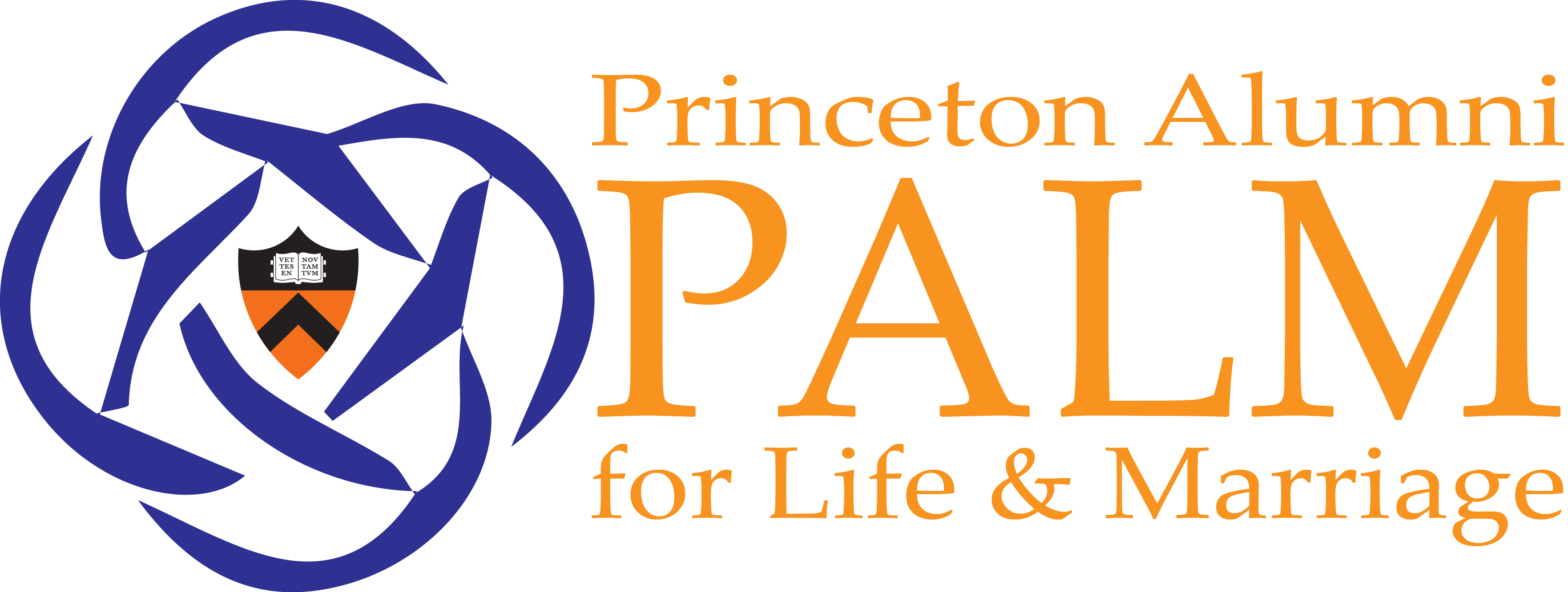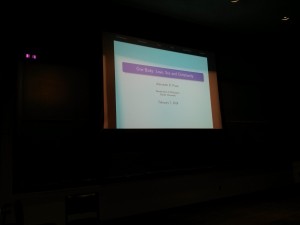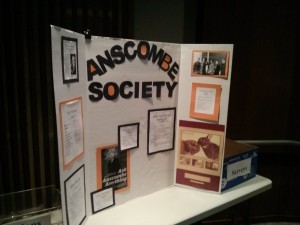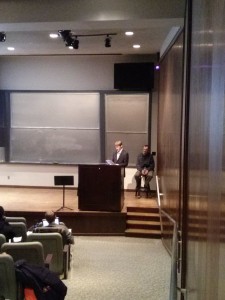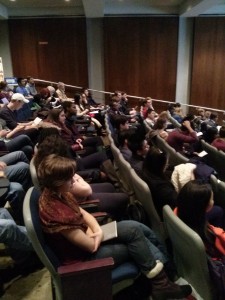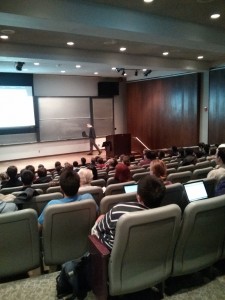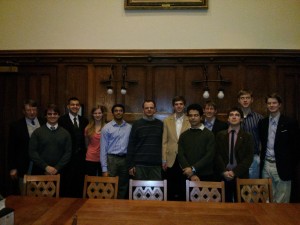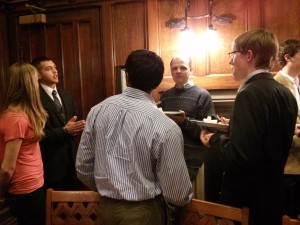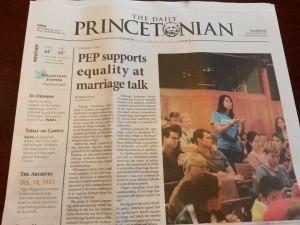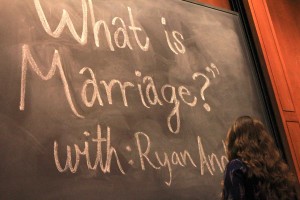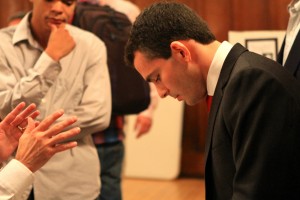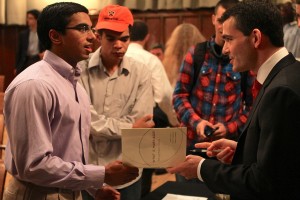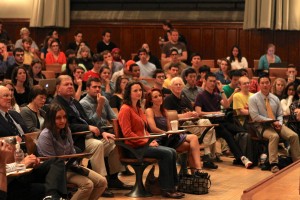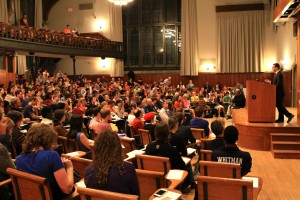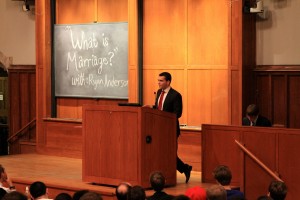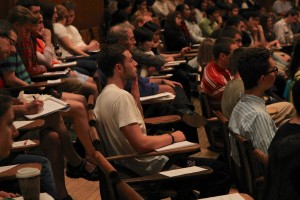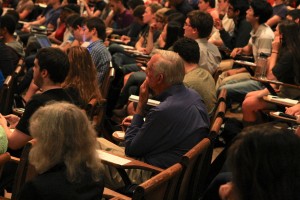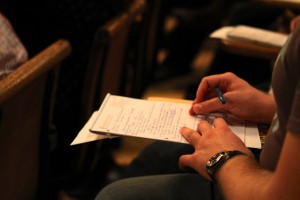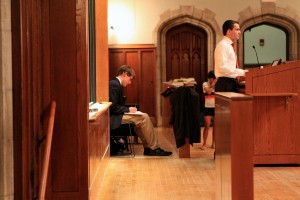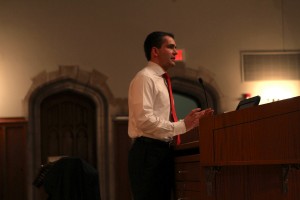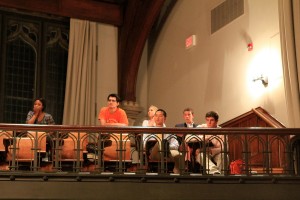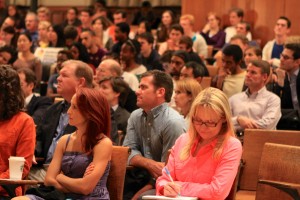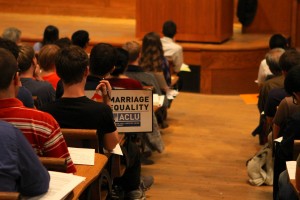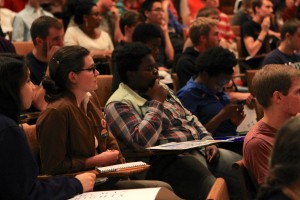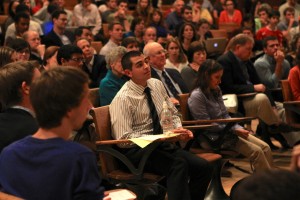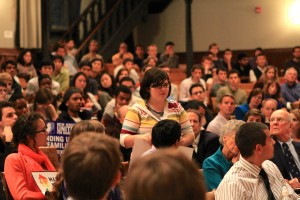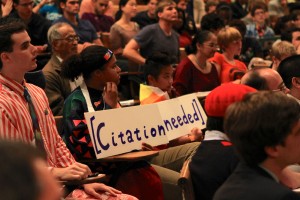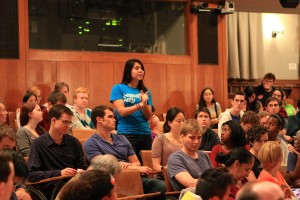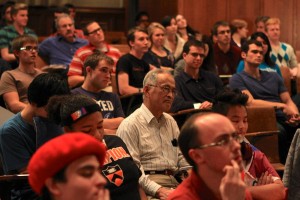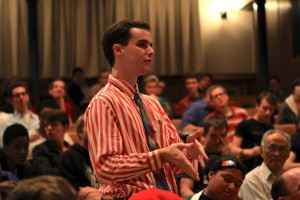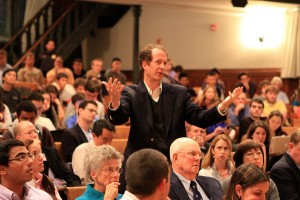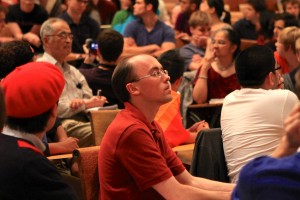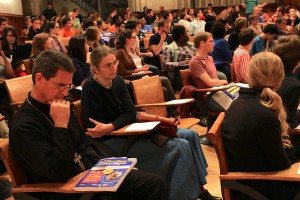 Welcome to Princeton! Students seek out our club for a variety of reasons: some are dissatisfied with Princeton’s social scene, some are concerned about the campus sexual culture, and some are simply looking for community. Whatever your reason, we are excited that you’ve found us. Our club is a group dedicated to the reasoned defense of marriage, the importance of the family, and a traditional sexual ethic. We work to restore a healthy dating culture and to foster fair and open campus dialogue. To find out more about us, check out some of the links at the bottom of this post.
Welcome to Princeton! Students seek out our club for a variety of reasons: some are dissatisfied with Princeton’s social scene, some are concerned about the campus sexual culture, and some are simply looking for community. Whatever your reason, we are excited that you’ve found us. Our club is a group dedicated to the reasoned defense of marriage, the importance of the family, and a traditional sexual ethic. We work to restore a healthy dating culture and to foster fair and open campus dialogue. To find out more about us, check out some of the links at the bottom of this post.
The Anscombe Society at Princeton is arguably the most active conservative student group on campus. This semester, we are looking forward to celebrating our 10th year as a student organization with four of the best and brightest philosophers in the world: John Haldane, Roger Scruton, Candace Vogler, and Robert P. George. Event details can be found here. We are also excited to host the eighth annual Love and Fidelity Network Conference, Sexuality, Integrity, and the University, on October 30th and 31st here at Princeton. Last year, nearly 300 students came from around the world to learn the arguments and to come together as a community.
To get involved, simply email anscombe@princeton.edu with “Join Listserv” in the subject line. We’ll add you to our email list where you’ll get weekly updates on our meeting times and events.
Hope to see you around!
Yours,
Christian Say ’17
President
Find Out More:
60 Second Welcome Video
New York Times Article
Public Discourse Article

